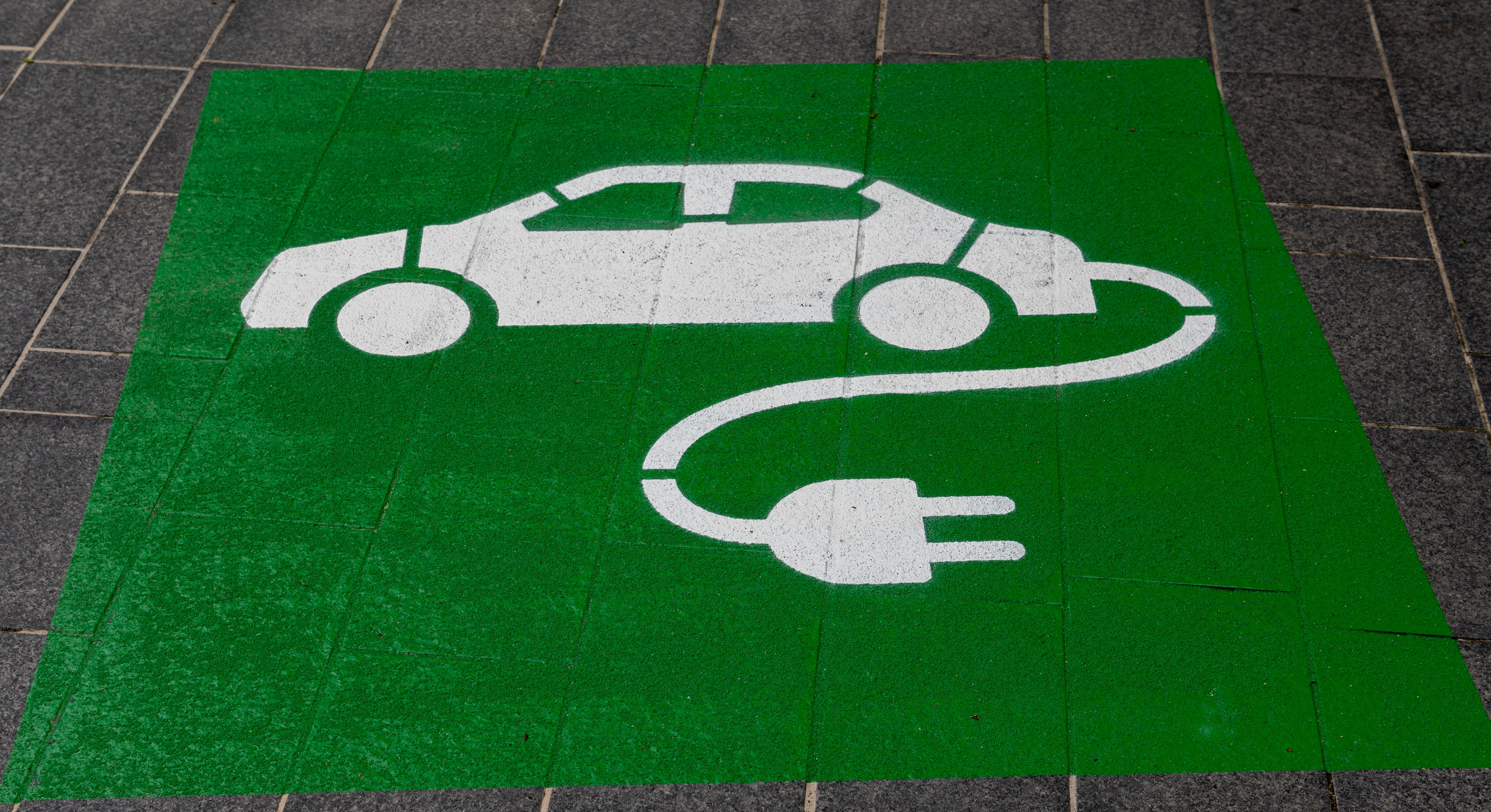

The year 2021 might end up being seen as an important milestone for the development of renewable energy (RE) in Indonesia. Back then, the central government had issued the Electricity Procurement Plan (RUPTL) that will serve as a fundamental electrification in Indonesia for the next five years (2021-2030). The plan sets out the projections relating to electricity demand growth, energy mix, infrastructure and available investment sectors for Independent Power Producers (IPPs). The RUPTL prioritises the use of renewable energy sources, as well as domestic use of gas, and serves as the basis for state-owned electricity company, Perusahaan Listrik Negara (PLN), to meet Indonesia’s projected energy needs. In terms of electricity, IPPs are allocated power projects to deliver a total 33,666 MW, while state-owned PLN is slated to build power plants delivering approximately 16,243 MW.
Electric Vehicles are considerably one of the solutions that are able to lower emissions compared to conventional vehicles. Southeast Asian countries are already preparing for the electric vehicle revolution. According to the ASEAN Today, Indonesia is widely known for its advantages as a low-cost manufacturing hub and a very promising market that has attracted many of foreign investors. Almost 23% of Nickel world’s resources – a key ingredient in Lithium batteries are reserves in Indonesia. Jakarta with its rapid population and economic growth, sees this opportunity in becoming Jakarta as the Indonesia Electric Vehicle hub. Another policy that recently had been enacted by the government, it is Industry Regulation No. 27/2020, that serves as the roadmap lays out the country’s ambition to become a major player in the global market. Research by the University of Indonesia shows that over 70% of the public are keen to have an electric vehicle.
Nationally, Indonesia has ratified the Paris Agreement for global climate change in 2016 and agreed to utilize renewable energy among 23% of all forms of transportation by 2025. Also conforming to this change, Trans Jakarta plans to use only electric buses by around 2026-2027. Around 14,000 electric buses will be deployed, providing an innovative market for auto industries to compete in. As Indonesia is currently in the preparation stage towards becoming a potential EV battery producer country. In addition to the national renewable energy ambition plans, Jakarta as the capital city of Indonesia has drawn up the new renewable energy alternative that will help the Government to accelerate the climate-actions plan that focuses on electrification development regionally.
Read more EV potential news on: